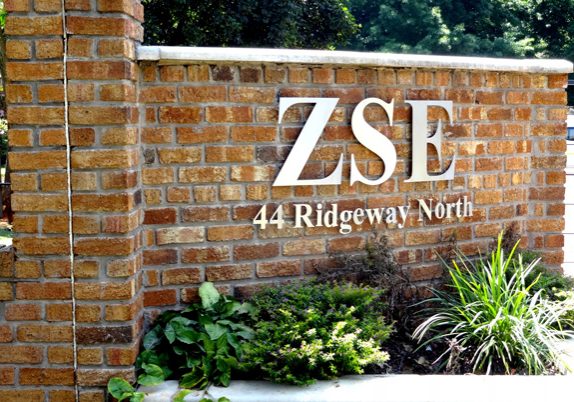
BY SHAME MAKOSHORI MARKET confidence in Zimbabwe’s capital markets has dimmed, triggering exodus of investor from the country’s main bourse to property and private equities, a new report indicated Monday, blaming ‘aggressive policy missteps’ for the walk outs.
Inter Horizon Securities (IH)’s analysis confirmed by bears have recently camped on Zimbabwe Stock Exchange (ZSE), which has responded by surrendering 30% of its market capitalisation.

Last week, an expert at Imara attributed the flight to ad hoc policies announced in May forcing banks to halt lending, before authorities summersaulted after a market revolt.
The ZSE’s capitalisation peaked to $3,5 trillion on April 29, 2022, before slowing to US$2,48 trillion on Friday, as jitters continued to frustrate investors.
“The first six months of the year saw more aggressive policy shifts that contributed to a sharp rise in interest rates and a fall in stock market returns,” IH said in its latest investment update.
“In the past month investors shifted focus from the stock market to property and private equity. There was a construction boom as evidenced by growth in national cement consumption from below one million tonnes in 2017 to 1,4 million tonnes in 2021. Investors are in a race to complete infrastructure projects before development is disrupted by funding needs in a hyperinflationary environment. Private equity returns are less sensitive to policy shifts than the stock market. This has led to the present bear market on the ZSE. Put simply, the policy shocks that the market is digesting are morphing into growth fears, changing the pattern of investment.
“As inflationary pressures intensify, there is risk that the Ministry of Finance will work harder to tighten financial conditions to curb speculative behaviour and close arbitrage gaps. Inflationary pressures are likely to persist partly due to imported inflation. Commodity supply disruptions that drove commodity prices have so far proved to be a double-edged sword. On the one hand the World Bank forecasts Gold and Platinum prices to close the year 5% and 2% up respectively on the historic highs experienced in 2021. On the downside, local diesel and petrol prices have climbed 36% and 25% respectively,” IH noted.
It said there had also been a marked slowdown in the amount of loans flowing to the private sector, especially the mining and manufacturing sectors.
- Chamisa under fire over US$120K donation
- Mavhunga puts DeMbare into Chibuku quarterfinals
- Pension funds bet on Cabora Bassa oilfields
- Councils defy govt fire tender directive
Keep Reading
“Loans to manufacturing and mining as a percentage of total loans had reached a high of 64% in Dec 2021 but the ratio had declined to 44% as of April 2022,” the report read.
“There is a direct correlation between the inflation experience, lending rates and gross domestic product growth. Higher lending rates may discourage productive sector borrowing for expansion. For manufacturers’ the need to expand capacity is rendered mute in a hyperinflationary environment where consumer disposable income is shrinking. Companies within mining and agriculture will tend to have working capital cycles longer that 120 days. Operating activity may be constrained if working capital levels are affected by the devaluing of 25% of their retained forex.”
Last week, the country’s largest industrial lobby, the Confederation of Zimbabwe Industries (CZI) cautioned against potentially devastating pushbacks following policy rate hikes which saw the policy rate hiked to 200%, from 80%.
The decision, which was reached following the RBZ’s monetary policy committee (MPC) meeting on Friday, was in line with inflation trends.
Annual inflation hit 191,6% a few days before the policy decision, which has sent shock waves across industries and consumers.
The rate had been kept at 80% since March but had recently been outfoxed by a relentless inflation charge.
Industrialists said a 200% rate left Zimbabwe as one of the region’s most expensive jurisdictions for bank loans.
But under fire authorities are also determined to contain money supply and arrest the inflation rage.
The Zimbabwe National Statistics Agency said annual inflation hit 191% this month, from 131% in May, the highest such rate in Africa.
CZI president Kurai Matsheza said the biggest threat to industries would be a retrospective application of the new rate on existing loans.
“It would be interesting to see if this new interest rate applies to just new loans or existing loans because businesses would have already made budgets,” Matsheza said, speaking a day before the RBZ confirmed in new guidelines that exiting loans would also attract the 200% rate.
- Follow us on Twitter @NewsDayZimbabwe











